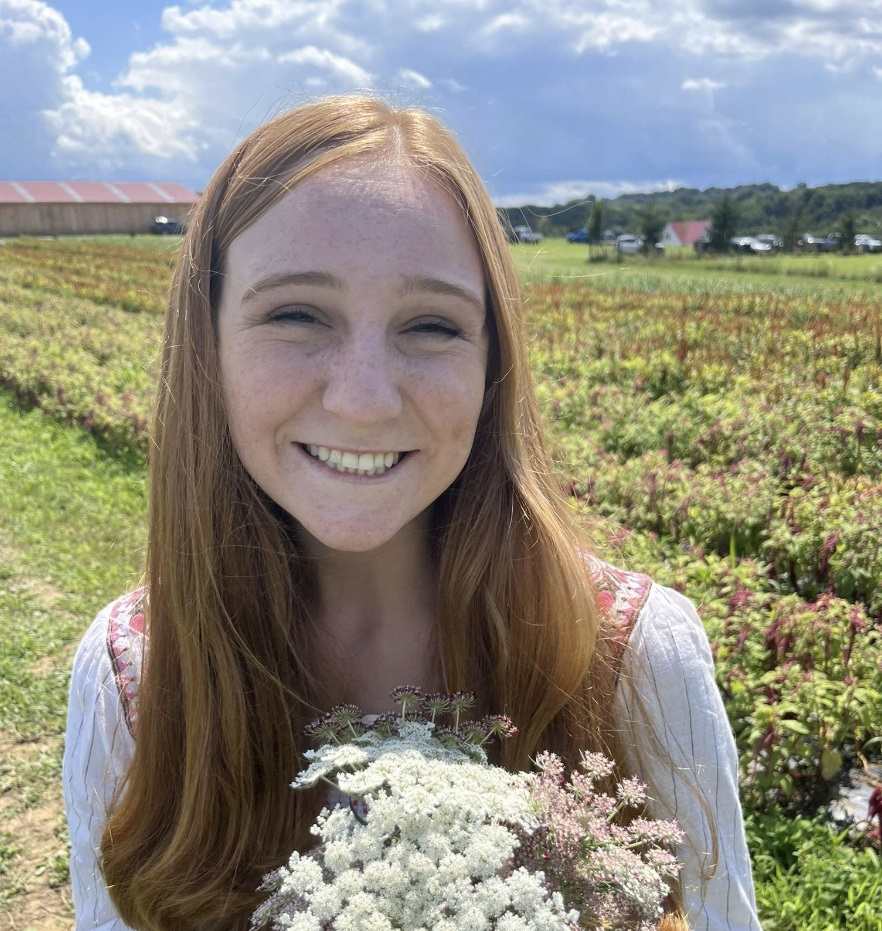Spanish Club Helps Students Engage with the World
Learning a new language can be a fun, challenging, and life-changing experience. From understanding grammar to learning new vocabulary, it can be truly rewarding when one finally has a functional grasp of it all and can use it in a meaningful way in everyday situations. But the study of languages goes beyond the pure structural means for communication. At NC State, we don’t believe that learning a language should be limited to learning grammar and vocabulary in a classroom setting. Students are encouraged to engage with the world, to immerse themselves in the corresponding culture of the language, either on campus or abroad. To discuss one of many opportunities Foreign Languages and Literatures offers students to engage with the world on campus, we sat down with Karen Coachman, Lecturer of Spanish and advisor to the Spanish Club.
Karen received her Bachelor’s Degree in Spanish and Studio Art from Wake Forest University in Winston-Salem, NC. She spent some time working outside academia before realizing she wanted to use her Spanish degree more actively as part of her career. This led her to pursue her Master’s at NC State and to later be hired as Spanish instructor. She took over the position as the advisor for the Spanish Club, in part because she herself was involved in a similar club during her years as an undergrad. She knew this would be a great opportunity to interact with students and help them further their language abilities and enhance their cultural knowledge. “It seemed like an avenue where we could be creative and have fun,” Karen pointed out.
The Spanish Club isn’t just about practicing Spanish, it also gives students the chance to learn about cultural aspects they may not always have time for in class. From festivals, holidays, and different dances, club meetings consist of varied cultural experiences. For instance, in October, the club gave a presentation on Día de los Muertos (Day of the Dead), a Mexican holiday in which people pay homage to and celebrate their late friends and family members. The club also invited Latin dance instructors to teach basic dance moves, and there was a presentation on fútbol (soccer) given by a student from South America, as well as various other events relating to the traditions and customs found within the Spanish-speaking world.
With every meeting dedicated to distinct topics, who arranges it all? Karen explains that the students themselves are the ones that drive the club from year to year. The officers work to create presentations and select topics for each meeting, and they certainly do a great job as they organize the smallest details including planning ahead for guest speakers or finding out more information about a specific holiday or custom. “It is very student driven. They decide the topics and share the duties,” said Karen.
The Spanish Club is just one of many language and cultural student organizations we offer here on campus. Each language club helps both students and instructors, emphasizing that learning a language, any language, teaches you a great deal more than a language’s structural elements. “It helps you understand a different culture and perhaps to see what you also have in common,” Karen explained. Learning a second language has its practical uses in the workforce, but languages also help students develop other important skills such as learning to participate more effectively and responsibly in the multi-cultural and hyper-connected world that we live in today.
- Categories:


